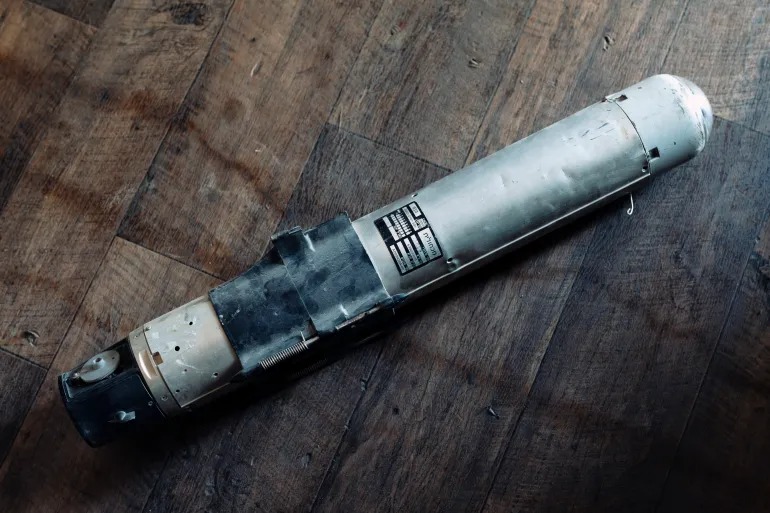Israel’s cutting-edge weaponry, touted for precision and minimal collateral damage, is first put to the test on the battlegrounds of Gaza. The ongoing Gaza war, a laboratory for Israel’s arms industry, reveals a clandestine reality that belies the claims of surgical precision. As the Iron Sting, a new precision-guided mortar bomb, wreaks havoc in the region, its manufacturer, Elbit Systems, finds itself at the center of controversy.
Surgical Precision or Grim Reality?
As Benny Gantz, now part of Prime Minister Benjamin Netanyahu’s war cabinet, once described the Iron Sting as a tool designed to minimize collateral damage, the casualties in Gaza tell a different story. Over a month into the aerial bombardment, the toll stands at 11,400 Palestinian civilians killed, 30,000 injured, and a heart-wrenching 4,700 children dead. The apparent dissonance between claims and consequences raises questions about the true nature of Israel’s military endeavors.
Global Demand for Tested Technology
In the tragic aftermath of conflicts like the 2014 Gaza war, Israel’s weapons industry witnesses a surge in global demand. Analysts suggest that the devastation wrought upon Palestinians serves as a macabre showcase, with other nations eager to acquire battle-tested technologies. From the Spike drone rocket that shredded lives in Gaza to the Heron TP “Eitan” drone used extensively in previous conflicts, the world, including major buyers like India, France, Brazil, and Australia, clamors for the tools honed in the crucible of Palestinian resistance.
Weapons Exports as a Double-Edged Sword
Beyond the revenue these weapons bring, they serve as a strategic tool for Israel. With over 130 countries, including Colombia, under its client list, Israel flexes its diplomatic muscle by halting sales in response to perceived slights. Experts argue that these exports act as both a financial boon and an “insurance policy” against international pressure to alter its stance on the decades-long occupation of Palestinians.
While Israel’s military exports continue to flourish, the shroud of secrecy surrounding the arms trade raises concerns about accountability. The Amnesty International report from 2019 highlights the opacity in Israel’s arms sales, emphasizing the need for international monitoring. As Israel’s weapon export figures double over the past decade, reaching $12.5 billion last year, questions persist about the true cost of these advanced technologies, tested and refined in the crucible of conflict. The consequences, both for the immediate victims in Gaza and the nations acquiring these weapons, remain deeply entwined in the complex web of the global arms trade.
















